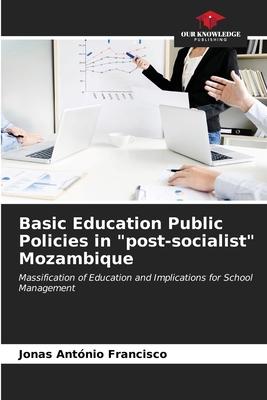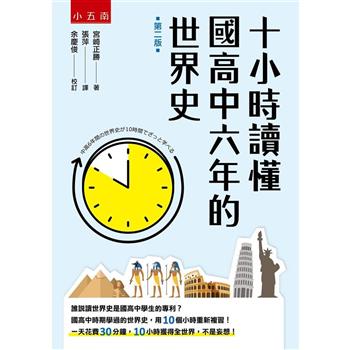Our study is interested in understanding the influence of Multilateral Organisations (MA) guidelines on the formulation of educational policies and their impact on school management in Mozambique. Based on the structuring of a global agenda for education (DALE, 2004), the MOs have endeavoured to articulate broad recommendations that can be applied to the most diverse realities. Like other peripheral countries, Mozambique has made education a fundamental part of the country’s economic development. In recent years, the process of transforming complete primary schools (EPCs) into cycle 1 secondary schools (ESG1) has been a reference in this endeavour. EPCs are schools whose teachers must have grade 10 qualifications (grade) + 1 year of teaching to teach from grade 1 to grade 7, while the 1st cycle secondary schools (ESG1), from grade 8 to grade 10, have the following requirements: teachers with grade 12 level + 1 year of teaching or higher education in teaching areas; existence of libraries and practice areas for Physical Education (MEC, 2013).
| FindBook |
有 1 項符合
Basic Education Public Policies in "post-socialist" Mozambique的圖書 |
 |
Basic Education Public Policies in "post-socialist" Mozambique 作者:Francisco 出版社:Our Knowledge Publishing 出版日期:2023-10-17 語言:英文 規格:平裝 / 124頁 / 22.86 x 15.24 x 0.74 cm / 普通級/ 初版 |
| 圖書館借閱 |
| 國家圖書館 | 全國圖書書目資訊網 | 國立公共資訊圖書館 | 電子書服務平台 | MetaCat 跨館整合查詢 |
| 臺北市立圖書館 | 新北市立圖書館 | 基隆市公共圖書館 | 桃園市立圖書館 | 新竹縣公共圖書館 |
| 苗栗縣立圖書館 | 臺中市立圖書館 | 彰化縣公共圖書館 | 南投縣文化局 | 雲林縣公共圖書館 |
| 嘉義縣圖書館 | 臺南市立圖書館 | 高雄市立圖書館 | 屏東縣公共圖書館 | 宜蘭縣公共圖書館 |
| 花蓮縣文化局 | 臺東縣文化處 |
|
|
圖書介紹 - 資料來源:博客來 評分:
圖書名稱:Basic Education Public Policies in "post-socialist" Mozambique
|











